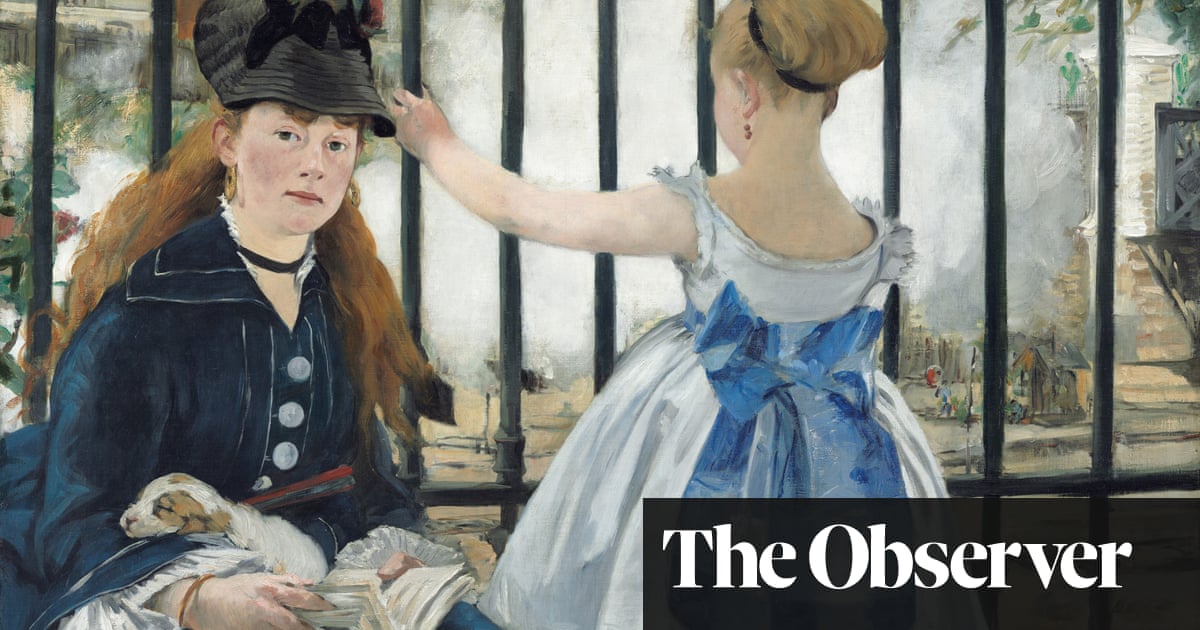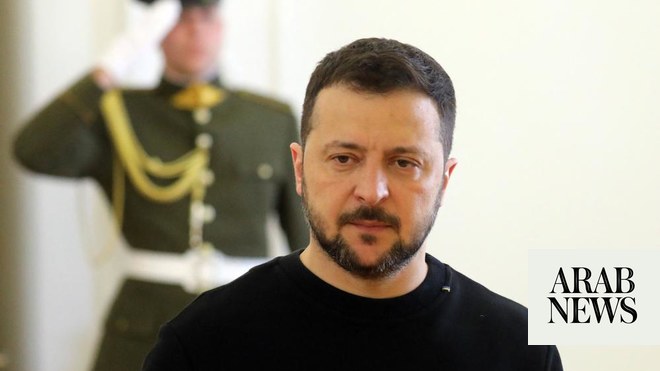
Tebboune: “We cannot reform, repair and restore that which was destroyed over a decade in two months”
Algerian President Abdelmadjid Tebboune, who succeeded longtime leader Abdelaziz Bouteflika in December, asked in the face of his country’s insistent protest movement for time to implement “radical changes,” in an interview published on Thursday.
The interview with French daily Le Figaro was Tebboune’s first since his election in Dec. 12 polls that were rejected by the year-old “Hirak” protest movement that forced out Bouteflika and marked by a record 60-percent abstention rate.
“We cannot reform, repair and restore that which was destroyed over a decade in two months,” Tebboune told Le Figaro.
Tebboune has been slammed by protesters as representing the ruling elite they want removed, having served several times as minister and once briefly as prime minister during Bouteflika’s two-decade rule.
Tebboune, who after his election “extended a hand” to the Hirak movement to build a “new Algeria,” said he has prioritized “political reforms.”
“I am determined to go far in making radical changes to break with bad practices, clean up the political sphere and change the approach to governing.”
Revising the constitution is the “priority of priorities,” he said.
“The limits,” he added, are those elements “relating in particular to national identity and national unity. “Everything else is negotiable.”
“The second area of work will be that of the electoral law,” to give legitimacy to parliament, “which will have to play a larger role,” he said, underscoring the need to “separate money from politics.”
He said “things are starting to calm” in the streets and that “the Hirak got almost everything it wanted,” including the departure of Bouteflika last April and figures from the “old regime” as well as the arrests of officials and businessmen suspected of corruption.
Even as the unprecedented popular movement has thinned in numbers since December, protesters still turn out in droves every Friday, keeping up demands for a complete overhaul of the system in place since Algeria’s independence from France in 1962.
In his interview, Tebboune dismissed any notion that he — like his predecessors — was a president chosen by the army, a pillar of the regime.
“I feel indebted only to the people who elected me freely and openly. The army supported and accompanied the electoral process, but it never determined who would be president.”
Tebboune is, however, considered to have been close to the late General Ahmed Gaid Salah, powerful army chief for 15 years until his death on Dec. 23.
Gaid Salah wielded de facto power in Algeria between Bouteflika’s resignation in the face of mass street protests last April 2 and Tebboune’s succession.
“The army ... is not concerned with politics, investment or the economy,” Tebboune said, contradicting most observers who say the army’s top brass have influence in all those spheres.
The president said he also wants to reform the economy, which has been battered by the low price of oil — on which Algeria’s economy is dependent — and “unbridled imports, which generate overcharging, one of the sources of corruption.”












